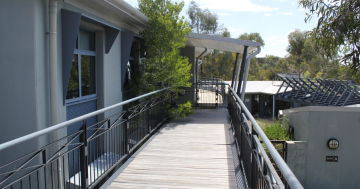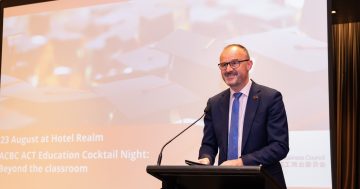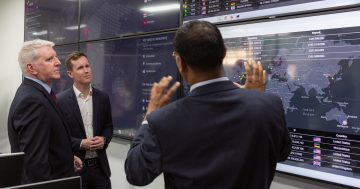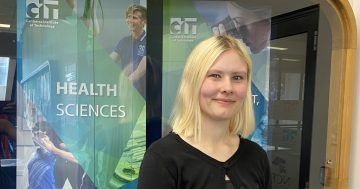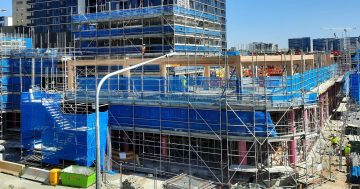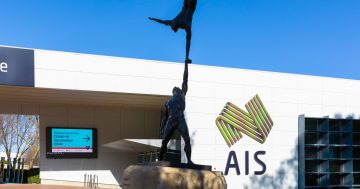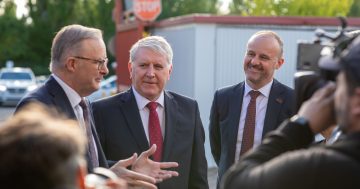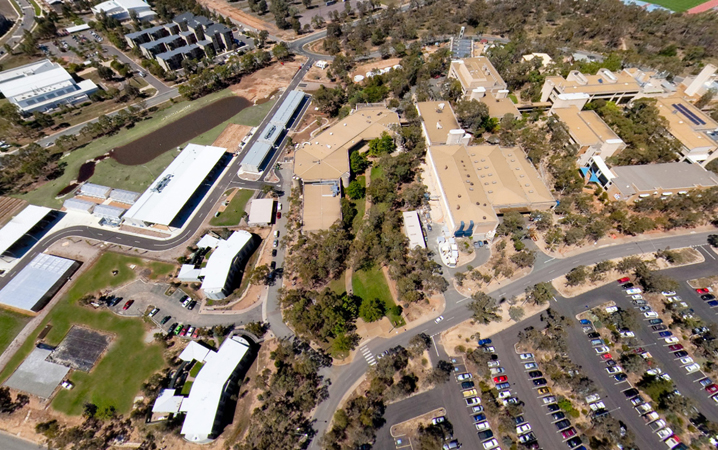
Chief Minister Andrew Barr has CIT Belconnen at Bruce pencilled in for an upgrade. Photo: CIT.
The Canberra Institute of Technology’s Bruce campus in Belconnen is next in line for an upgrade as part of the Barr Government’s push to deliver the training and education to meet the skills needs of the Territory into the future and drive economic development.
Chief Minister Andrew Barr will tell the Canberra Business Chamber State of the Territory lunch today (19 October) that with work on the new Woden campus well underway and expected to take its first students in mid-2025, the ACT Government will next look at the renewal of CIT Belconnen’s facilities.
In a speech underlining his government’s skills credentials, Mr Barr will highlight the ongoing government investment in CIT and potential for collaboration in the Bruce precinct, an area that has attracted criticism from business and industry.
“With development of a new North Canberra Hospital, the MOU with the Sports Commission on AIS precinct renewal including the Arena and Stadium, and ongoing upgrades and expansion on the UC campus, there will be no shortage of opportunities to improve collaboration and cooperation within this new and emerging hub of education, sports and health sciences in Bruce,” he will say.
Mr Barr will tell an audience that lists skills shortages and attracting and retaining staff as major challenges that the government takes the issue seriously, particularly as it resets its jobs target to 300,000 by 2030, having already surpassed the target of 250,000 jobs in the Territory economy by 2025.
With 265,000 people in work across the Territory, the ACT is at full employment but with that comes challenges.
Mr Barr will explain that addressing labour and skill shortages are opportunities to build a stronger and more diverse city.
“That’s why I have made rebuilding the ACT’s labour and skills market a high priority for the government throughout this term, and it’s vital that work continues in the next few years.”
The new five-year National Skills Agreement between the Commonwealth and state and territory governments will be crucial to this. It will focus on critical and emerging industries, including the renewable energy sector, the care industries and cyber security, and assisting those who most need it to study.
Mr Barr will say that the ACT is doing its bit with the fee-free TAFE program across CIT, which is delivering results.
It “makes it cheaper to study, helps more Australians to get good, secure jobs, and makes the decision to retrain so much easier,” he will say.
“Our support for the Fee-Free TAFE program has already seen more than 2500 Canberrans gain new skills and retrain for free.”
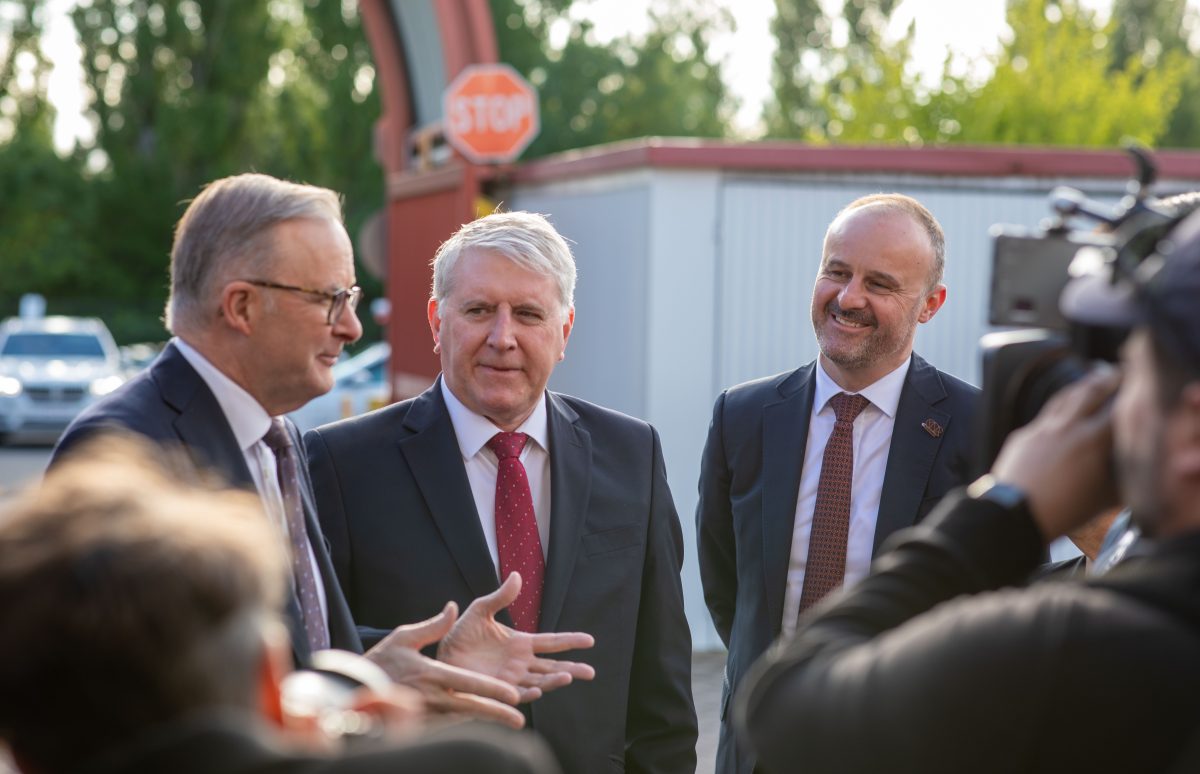
Prime Minister Anthony Albanese and Federal Skills Minister Brendan O’Connor joined ACT Chief Minister Andrew Barr at CIT to announce the National Skills Agreement. Photo: Supplied.
Mr Barr will say that his government will continue to spruik the national capital as a desirable place to work and live.
“We know that recruitment and attraction is a big piece of the workforce puzzle.”
Mr Barr will also tell the lunch that he views skills and education as more than just filling jobs but a key driver for the ACT economy.
“Our skills and education sector is not just an enabler for our broader labour market – it’s going to be the sector that drives the Territory’s economic development and export earnings over the next five years”, which is why the ACT Government is also backing the push towards an Australian Universities Accord, to set out a long-term plan for the higher education sector.
The government is advocating for the ACT to attract more research dollars, urging stronger links between the vocational and higher education sectors, highlighting the importance of international students in supporting economic growth and cultural diversity and the need to improve equity of access to higher education.
He will detail that Canberra is a global hub for learning and has almost 40,000 international students, making international education the ACT’s most valuable export.
“It is a sector of the economy where the ACT punches well above our weight. We make up around 1.8 per cent of the national population, but our international education sector contributes nearly 3 per cent of the national total.”
Mr Barr will list a number of ACT Government partnerships that exemplify his idea of Canberra being the knowledge capital – the ANU’s health precinct in the city, ACT space research and development partnership program, the Open Source Institute, a not-for-profit founded by UC and Canberra company Instaclustr focusing on open-source research and development, and the $1 billion UNSW campus development in Reid.
Mr Barr will say that the recovery of the ACT labour market after COVID has been unprecedented – driven by continued economic growth, strong population growth, the change of federal government last year and a particularly strong recovery in domestic tourism.
“I am looking forward to Canberra’s next chapter, one that gives more Canberrans access to great education and training and one that is driven by innovation and collaboration between governments, industry and community.”












